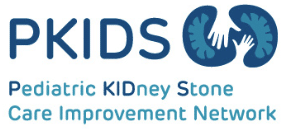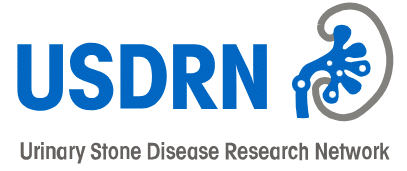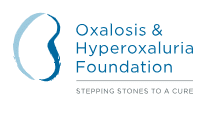What We Do
Stakeholder Engagement in Clinical Trials
Patient and stakeholder engagement is a key focus at KSEC. We involve stakeholders at various stages of the research process, from identifying research questions to contextualizing results. Through structured prioritization and consensus building, we ensure that patient perspectives are integrated into all aspects of our work.
We believe that including diverse perspectives and experiences enriches the quality and relevance of our work, ultimately leading to more impactful and patient-centered outcomes. By fostering meaningful collaborations with patients, caregivers, advocacy groups, and other stakeholders, we strive to create a research environment that is truly inclusive and reflective of the needs and priorities of those directly impacted by the research findings.
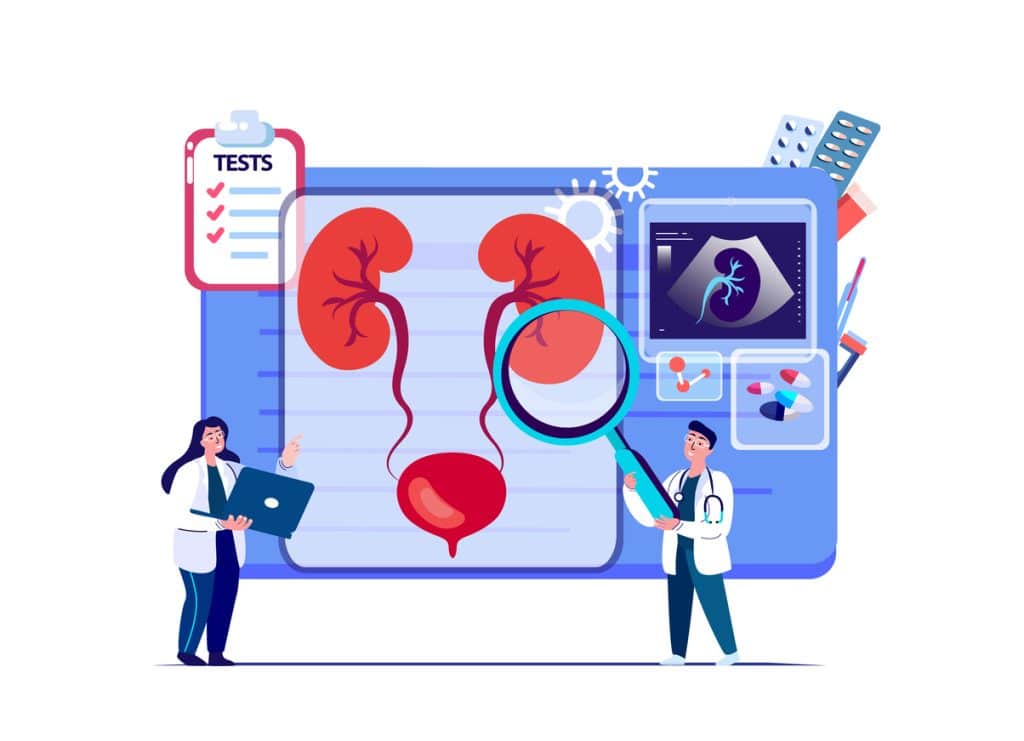
Get Involved
Are you interested in learning more about how to join the Kidney Stone Engagement Core?
Research Agenda
Patient-prioritized research agenda for clinical effectiveness trials in kidney stone disease. Next to each proposed trial objective are the associated themes from the elicitation and refinement phases as well as features identified by KSEC as being essential to participant engagement through trial design. | ||
Research Proposal | Themes | Patient-Centered Trial Features |
Optimizing Care for Patients Undergoing Repeat Surgical Intervention: A trial would evaluate bundles of individualized care based on patients’ prior experiences as compared to standard education with key outcomes including patient-reported anxiety before and after surgery; pain experiences; and unanticipated (i.e. emergency) health care visits. | · Shared-Decision Making · Individualized Care in Key Subgroups · Psychosocial Support · Cumulative Disease Burden | · Personalized Interactions · Patient Choice · Multi-modal Interventions |
Avoidance of Ureteral Stents: A trial would evaluate opportunities to reduce stents in patients presenting with a stent already in place for ureteroscopy (i.e. “pre-stented patients”) with key outcomes including patient-reported pain, anxiety, and return to activities of daily living; unanticipated (i.e. emergency) health care visits; and surgical outcomes such as stone clearance and operative time. | · Shared-Decision Making · Stents | · Patient Choice · Data that Empowers Patients · Risk-Stratified Enrollment
|
Removal Strategies for Ureteral Stents: A trial would evaluate strategies to provide individualized education vs coaching for patients who are undergoing awake stent removal (either with cystoscopy/camera or with a stent-on-a-string) evaluating the effectiveness on either specific education or personalized coaching to reduce patient-reported pain, anxiety, and psychological burden. | · Shared-Decision Making · Individualized Care in Key Subgroups · Psychosocial Support · Stents | · Personalized Interactions · Patient Choice · Multi-modal Interventions |
Diet vs Medication for Prevention of Kidney Stones: A trial would evaluate the effectiveness of diet versus medication for patients with different risks of kidney stones, using a risk-prediction tool to aid in counseling. Patients would receive strategies for adherence to recommendations for both approaches and key outcomes would include kidney stone recurrence, urinary parameters (i.e. 24- hour urine study results), patient-reported outcomes, and general health outcomes (i.e. blood pressure / diabetes/ obesity management). | · Shared-Decision Making · Cumulative Disease Burden · Individualized Care in Key Subgroups | · Personalized Interactions · Patient Choice · Multi-modal Interventions · Patient-Facing Technology |
Observation vs Early Treatment for Non-Obstructing Kidney Stones: A trial would evaluate the benefit of treatment vs observation of kidney stones that are not actively symptomatic (i.e. not causing a problem). Patients would be counseled regarding their risks of developing kidney stone upon trial entry and would utilize a decision aid to help decide upon surgery or observation. Outcomes would include symptomatic kidney stone events; patient reported pain, anxiety, and well-being; complications from surgical intervention. | · Shared-Decision Making · Cumulative Disease Burden · Individualized Care in Key Subgroups | · Patient Choice · Data that Empowers Patients · Risk-Stratified Enrollment
|
Optimizing Pain Experiences in Patients With Ureteral Stents: A series of trials would include comparisons of individualized vs standard education/coaching for patients with ureteral stents as well as comparison of a standard bundle of medication vs an individualized medication regiment based upon real-team measurement of patient reported pain and bladder symptoms (ecological momentary intervention) with key outcomes included patient-reported outcomes of pain and wellbeing as well as unanticipated (i.e. emergency) health care visits. | · Cumulative Disease Burden · Individualized Care in Key Subgroups · Psychosocial Support | · Personalized Interactions · Patient-Facing Technology · Multi-modal Interventions · Risk-Stratified Enrollment |
